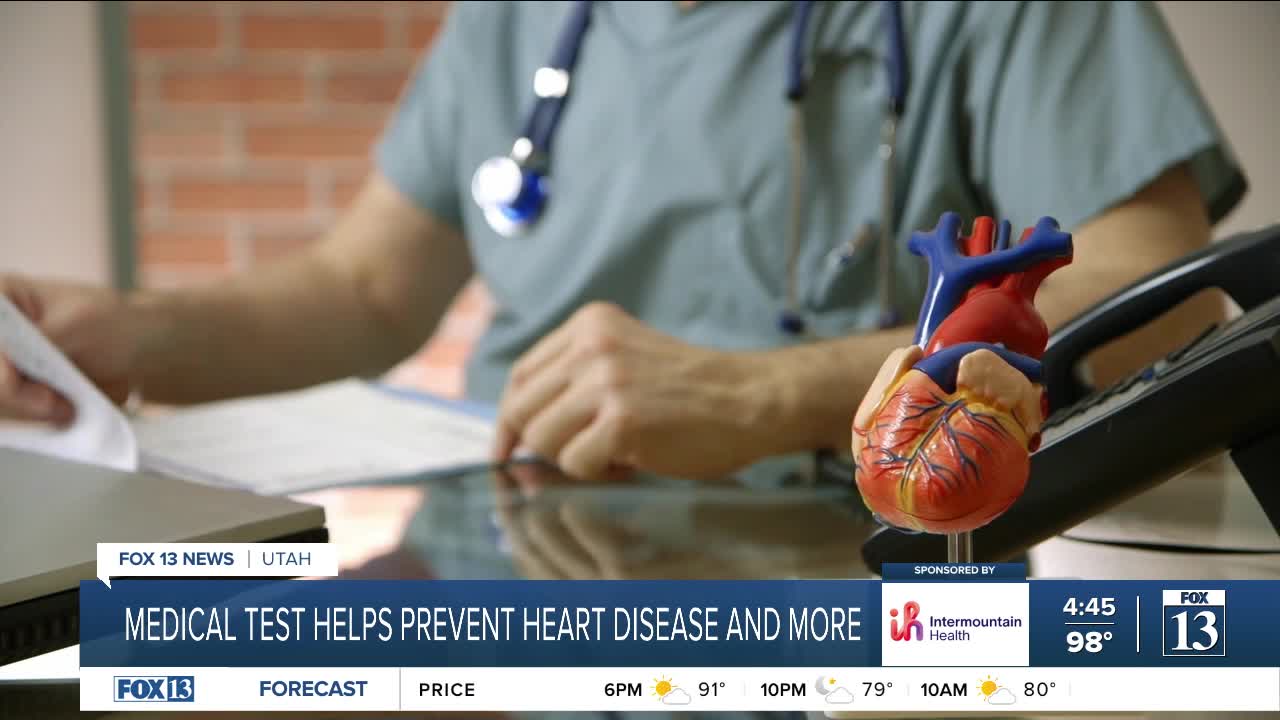A simple test could provide powerful insight into your future heart health — and possibly much more.
The coronary artery calcium (CAC) scan is commonly used to detect calcified plaque in the arteries. But a new study from Intermountain Health suggests the test may be an even broader predictor of serious health problems.
“The observation seems to be that it's a predictor not only of coronary heart disease but also other types of heart disease,” said Dr. Jeffrey Anderson, a nationally recognized cardiologist and lead investigator of the study.
Anderson is no stranger to major heart research. His latest study involves 5,700 participants and is exploring whether calcium scores could help doctors better decide when to prescribe statins — medications that lower cholesterol and reduce the risk of heart attacks and strokes.
“If the outcomes are credible — and we believe they’re reliable — then I think it will impact how we select statins in the future, come a year from now,” Anderson said.
The scan detects calcium in the arteries — but not because calcium itself is the problem.
“The calcium probably isn't the culprit. It's a marker,” Anderson explained. “As these plaques — these bumps in the arteries full of cholesterol — age, they attract calcium. And the calcium on top, then, is a sort of marker, because we can't see the cholesterol with an X-ray — but we can see the calcium.”
Think of calcium like a barking dog announcing someone’s arrival — in this case, cholesterol. You may not see the danger right away, but you know it’s there.
And the presence of calcium could signal more than just heart issues.
“Well, there's probably a correlation — not perfect, but moderate — between disease in the arteries of the heart and diseases in the brain,” Anderson said.He added that calcium may also indicate trouble in other organs such as the kidneys and legs — suggesting this one test could help predict disease throughout the body.
In the study, half of the participants are being treated based on traditional cholesterol risk factors, while the other half are being treated according to their coronary calcium scores. Early results suggest this method could lead to more precise and effective preventive care.
For around $100, a coronary calcium test may be one of the most valuable tools in protecting your long-term health.




